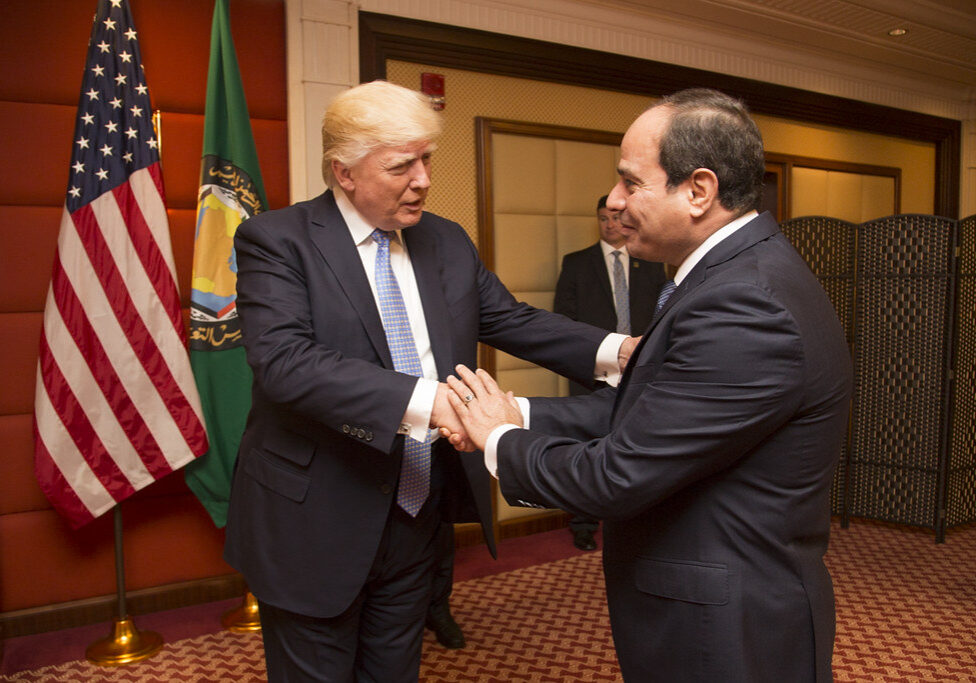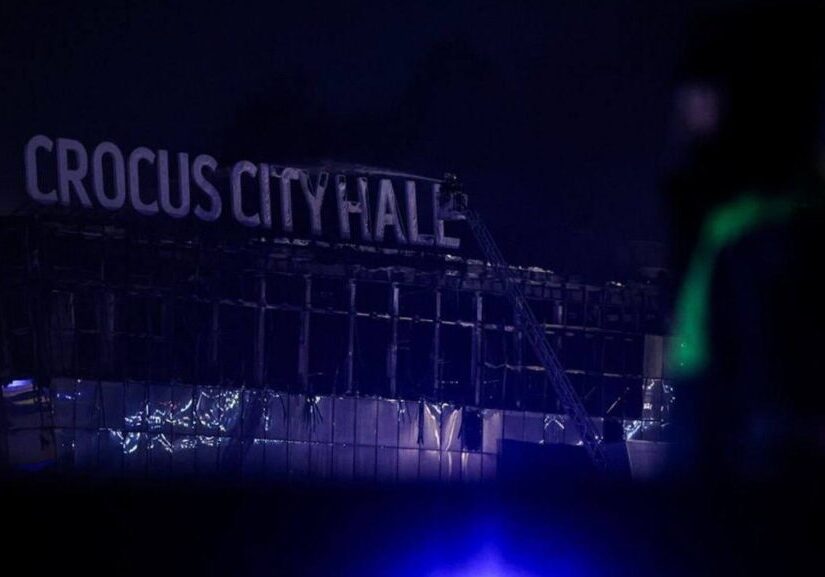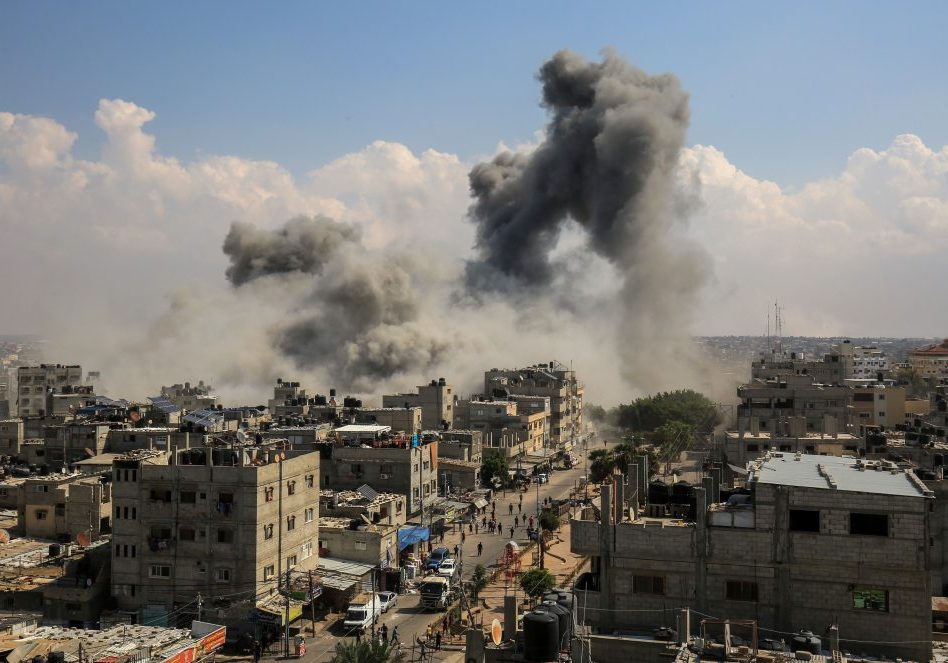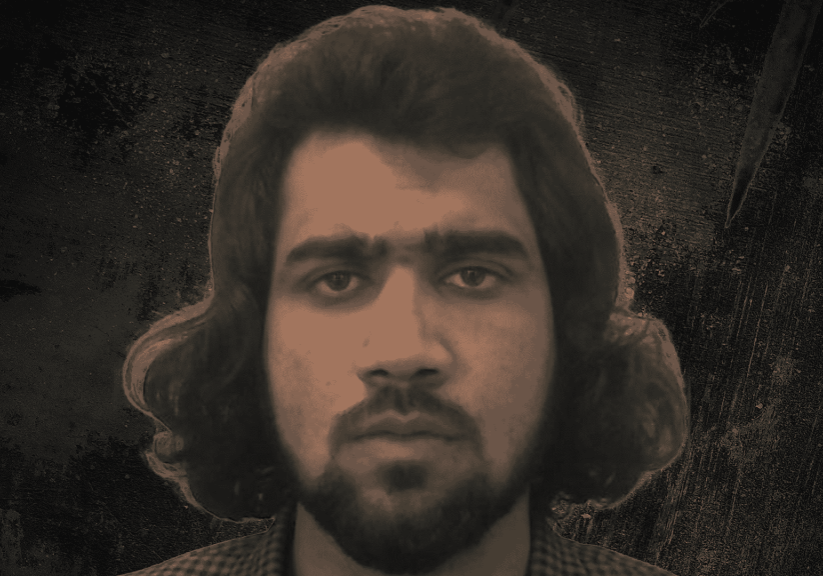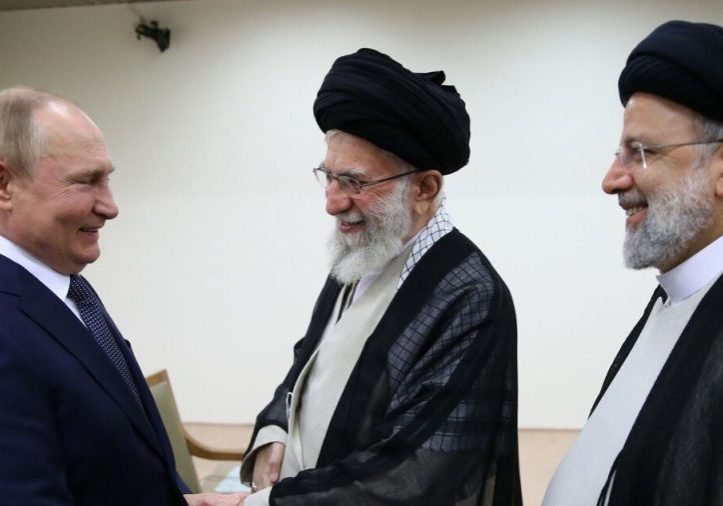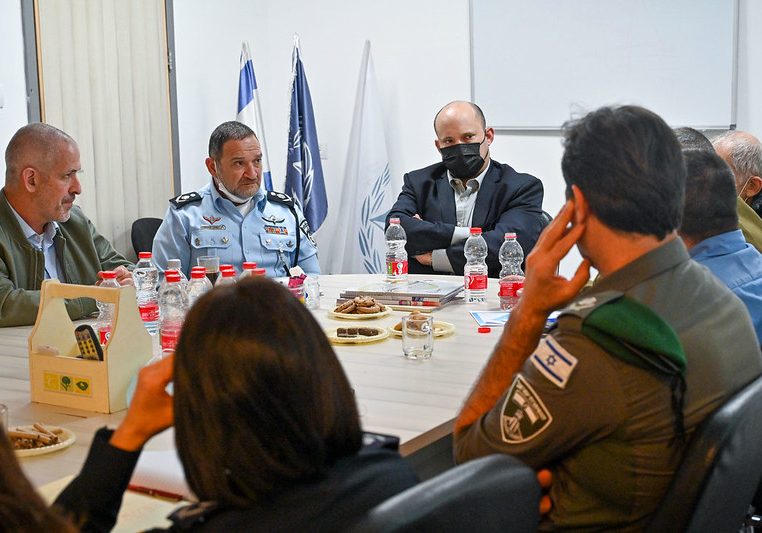Australia/Israel Review
The Rise and Rise of the Islamic State’s Khorasan Province
Nov 23, 2021 | Oved Lobel
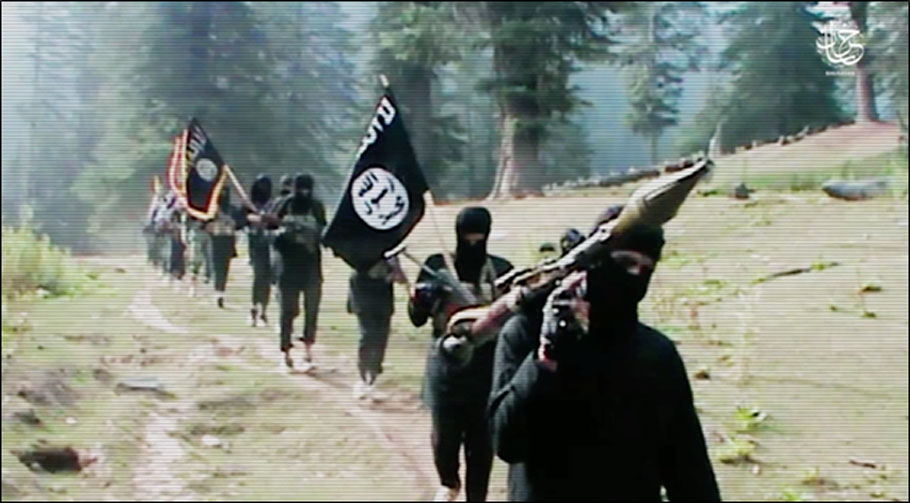
Thomas West, US Special Representative for Afghanistan, recently stated, “We’re worried about the uptick in [Islamic State Khorasan Province (ISKP)] attacks, and we want the Taliban to be successful against them.”
To hear many in the Taliban tell it, ISKP poses no issue at all. Taliban intelligence chief in Nangarhar, Dr. Bashir, denied ISKP even existed, referring to it as a “small group of traitors” and telling the BBC that “just as we defeated a coalition of 52 countries on the battlefield… they will be defeated too… it is easy for us prevent a guerrilla war.”
Taliban deputy spokesperson Bilal Karimi asserted to the Washington Post that ISKP “is not a serious threat to the Islamic Emirate. We don’t see it as a major challenge, so we don’t need any outside support to tackle this issue.” Mawlawi Zubair, a senior Taliban commander in Kabul, went even further, telling the Wall Street Journal, “We are not faced with a threat nor are we worried about them. There is no need, not even a tiny need, for us to seek assistance from anyone against ISIS…If we get rid of all our economic and administrative problems, ISIS will disappear in 15 days in all of Afghanistan.”
The reality is starkly different. In Jalalabad, the capital of Nangarhar where Dr. Bashir insists the Taliban have the situation under control, there have been near-daily shootings, bombings and assassinations targeting the Taliban. The city has seen endless unclaimed tit-for-tat killings and beheadings, with bodies dumped on the street and at least 1,500 detained by the Taliban, according to Charlie Winter, Director of Research at the counter-terrorism consultancy ExTrac.
Despite this ruthless Taliban campaign and some success in ferreting out ISKP members and cells, the constant ambushes have continued, apparently unaffected, in Nangarhar, and operations continue elsewhere, including Kunar and reportedly as far away as Herat. Worse, ISKP has conducted several mass casualty attacks, most recently a complex attack on the Sardar Dawood Khan military hospital in Kabul involving multiple operatives. That attack killed senior Taliban official Hamdullah Mokhlis, head of Kabul security and commander of the Taliban’s Badri special forces unit, and caused scores of additional casualties.
ISKP suicide bombers have also continued to target the Shi’ites of Afghanistan, with a massive suicide bombing at a mosque in Kunduz and another at a mosque in Kandahar, attacks which killed and wounded hundreds. They have also targeted public transport in Shi’ite neighbourhoods, causing scores of casualties. Earlier in October, ISKP bombed the Eidgah mosque, where a funeral ceremony was being held for the mother of Taliban spokesperson Zabiullah Mujahid, killing and wounding several Taliban.
The simple fact is that despite US attempts to pass intelligence to the Taliban as well as backing from Russia, China, Pakistan and Iran, the Taliban seem fundamentally incapable of containing, much less eliminating, ISKP. Colin Kahl, US Under Secretary of Defense for Policy, warning that ISKP could generate the capability to launch attacks outside Afghanistan within six to12 months, said that the “Taliban is highly motivated to go after [ISKP]. Their ability to do so, I think, is to be determined.”
ISKP has gone from a brief period of dormancy to becoming among the most active and dangerous of the Islamic State’s global branches on a consistent basis, occasionally topping the list in either number of attacks, number of casualties inflicted or both. And these trends are only getting worse.
With total economic collapse and impending drought, there are also serious shortages of food and money throughout Afghanistan, a situation ripe for ISKP recruitment across the country. The Wall Street Journal recently reported that former members of the US-trained Afghan intelligence services and special forces, who are themselves penniless and starving, were joining ISKP, albeit in relatively small numbers, bringing with them additional capabilities and reach in exchange for large cash payments.
The Taliban’s actions since they conquered Afghanistan in August have also provided fertile ground for ISKP propaganda, including the fact that they’re allowing Shi’ite religious festivals to take place and protecting the Shi’ite population overall, even as they ethnically cleanse them from certain areas. ISKP also accuses the Taliban of being a US partner and a Pakistani proxy.
Additionally, ISKP has capitalised on the very public and very close relationship between the Taliban and China, despite the latter’s genocidal campaign against Uyghur Muslims next door. ISKP has made sure to emphasise this betrayal in an explosive fashion, utilising a Uyghur suicide bomber against a Shi’ite mosque in Kunduz. There is a sizeable Uyghur contingent fighting under the auspices of the Taliban and al-Qaeda – known as the Turkistan Islamic Party (TIP). This anti-China rhetoric and activity could see ISKP poach portions of the group.
There is also the issue of the Salafi sect of Sunni Islam in Afghanistan, some of whose followers the Taliban have been attempting to win over even as they shut down Salafi mosques and institutions and kill community leaders, several of whom are in hiding. Abdul Sayed, an expert on ISKP and the Taliban, recently wrote on this issue for the Jamestown Foundation’s Terrorism Monitor:
“If the Taliban does not prevent its anti-Salafist segments from repressing Salafists and does not accommodate the Salafists in the Taliban Salafist-dominated provinces of Nangarhar, Kunar and elsewhere in northern Afghanistan, their grievances will strengthen the ISKP’s recruitment and pose a threat to the Taliban.”
In addition to the abundant recruitment potential created by economic, ideological and sectarian factors, there is boredom. The Taliban have never really been a governing entity; their raison d’etre was always jihad and martyrdom. Interview after interview with Taliban rank-and-file since their victory in August has exposed complete listlessness and lack of discipline, with many lamenting the transition to civilian life and their failure to get themselves killed. As there’s no work, no money, no food and most importantly nobody left to fight, there is a substantial risk of Taliban fighters joining ISKP just to have a chance to continue waging jihad.
All of these developments were sadly predictable. In May, I wrote for the Australian Strategic Policy Institute that a Taliban takeover was inevitable and that ISKP was simply waiting for them to free all prisoners from jail, while its myriad cells in Jalalabad, Kabul and elsewhere regrouped for an insurgency. This came to pass three months later, with thousands of ISKP operatives released by the Taliban.
ISKP has genuine grassroots support across Afghanistan, but it is also comprised of cadres that have defected from the Taliban and their associated jihadist groups since 2015, rendering it nearly impossible for the Taliban to know how thoroughly they’ve been infiltrated. ISKP’s ability to assassinate Taliban officials across Afghanistan and blow up the mosques frequented by the Taliban leadership, including its Emir Hibatullah Akhundzada, in Pakistan suggests quite extensive penetration – something about which Akhundzada himself recently warned.
Even under combined pressure from the US Air Force, Afghan special forces and the Taliban, all of whom occasionally cooperated against ISKP prior to the Taliban takeover, the group retained the capability to conduct mass casualty attacks and assassinations at will. Without the former two, ISKP is now operating and recruiting in an extremely permissive environment and is likely to remain and expand throughout the country.
Although it is unlikely to be an existential threat to overall Taliban control, ISKP could plausibly begin to contest certain districts and even cities in Afghanistan. There are already unverified reports of the Islamic State banner being flown in Deh Rawood district in Uruzgan province, where it is allegedly recruiting openly. As the Taliban have yet to show much capability to protect even themselves, much less the Afghan population, from ISKP, they appear quite unlikely to be able to protect the US and its allies from future ISKP external operations.
Tags: Afghanistan/ Pakistan, ISKP, Islamic State, Taliban

